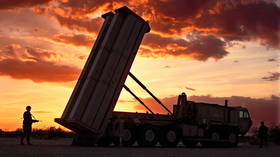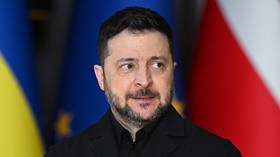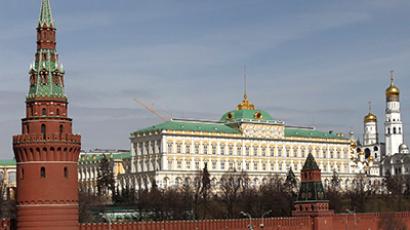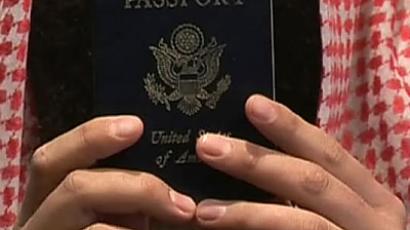Moscow regrets US pullout from bilateral commission on human rights

The United States has delivered the latest setback to Russia-US relations by announcing it will no longer participate in the Russian-American Bilateral Presidential Commission on Civil Society.
“We regret whenever a bilateral format is canceled without an appropriate substitute," presidential press secretary Dmitry Peskov told Interfax.Moscow did not receive the US announcement through official diplomatic channels, but rather via news agencies."[The US announcement] has until now reached us verbally; we have not yet received any written official documents on Washington's decision to withdraw from this format of dialogue with Russia," Konstantin Dolgov, the Foreign Ministry's envoy on human rights, democracy and supremacy of law, told reporters on Friday. The US decision to quit the Working Group on Civil Society of the Russian-American Bilateral Presidential Commission was announced by Thomas Melia, deputy secretary of state for democracy, human rights and labor, in an interview with Interfax.Melia said the bilateral working group “is no longer an appropriate or effective forum that would facilitate the development and strengthening of civil society." At the same time, he emphasized that the United States will continue to work “in the field of human rights with the Russian government and civil society." "We remain firmly committed to working with the Russian civil society in support of its objectives, including by further strengthening the links between the civil societies of Russia and the United States," Melia said. "The US government is prepared to be honest and open dialogue on civil society and human rights with the Russian government and Russian civil society.”Meanwhile, State Department spokeswoman Victoria Nuland said that Washington will continue cooperating with Moscow “on as many areas as we can where we see interest in cooperation, whether they are bilateral issues, whether they are regional issues, or whether they are global issues.”“But we will also speak straight when we have disagreements, as we have, whether it was on the sovereignty and territorial integrity of Georgia, whether it was on human rights, whether it was on Syria,” she added.The US–Russia Bilateral Presidential Commission was inaugurated on July 6, 2009 by US President Barack Obama and then-Russian President Dmitry Medvedev as part of the so-called ‘reset’ in relations between the two former Cold War foes.The declared Mission Statement of the Commission is, in part, "identifying areas of cooperation and pursuing joint projects and actions that strengthen strategic stability, international security, economic well-being, and the development of ties between the Russian and American people…"The US announcement came on the same day that the president of the Russian International Affairs Council, Igor Ivanov, said he expects US foreign policy to be more energetic and even tough during Barack Obama's second presidential term.“In my recent conversation with John Kerry [who is anticipated to replace Hillary Clinton as the new Secretary of State], he said that now is not the time for loud statements, but a time for specific actions," Ivanov said.Aside from the group on civil society, the US-Russia Bilateral Presidential Commission has a multitude of other organizations that work in various diverse fields, including agriculture, arms control, counter terrorism, military technology, health and the environment.Robert Bridge, RT














